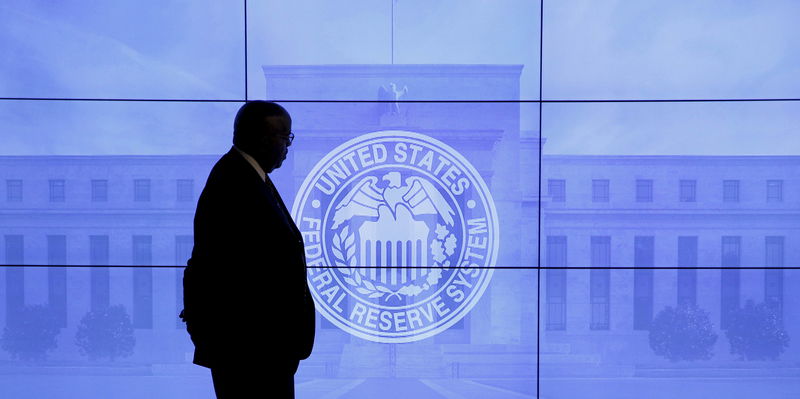(Bloomberg) -- A new Federal Reserve chairman is looking to push up interest rates as the U.S. economy outpaces the rest of the world following a Republican president’s tax cuts.
2018? No, 1987, according to a report from strategists at Morgan Stanley (NYSE:MS) on Tuesday.
The history lesson for investors is that they should perhaps prepare for tighter monetary policy than they now anticipate. Thirty-one years ago, Germany’s Bundesbank surprisingly withdrew liquidity against a similar economic backdrop and now the risk is that the European Central Bank and Bank of Japan prove more hawkish than financial markets are betting, said strategists led by Hans Redeker.
Of particular concern to Morgan Stanley is that easy money from the ECB and BOJ helped suppress U.S. bond yields since 2013 and so any reversal may lead to sales of Treasuries.
Just this week, ECB Governing Council member Klaas Knot said policy makers may consider speeding up the process of removing their extraordinary stimulus if the euro-area economy meets their projections.
“Risky asset markets may head toward troubled waters,” said Redeker and his team.
